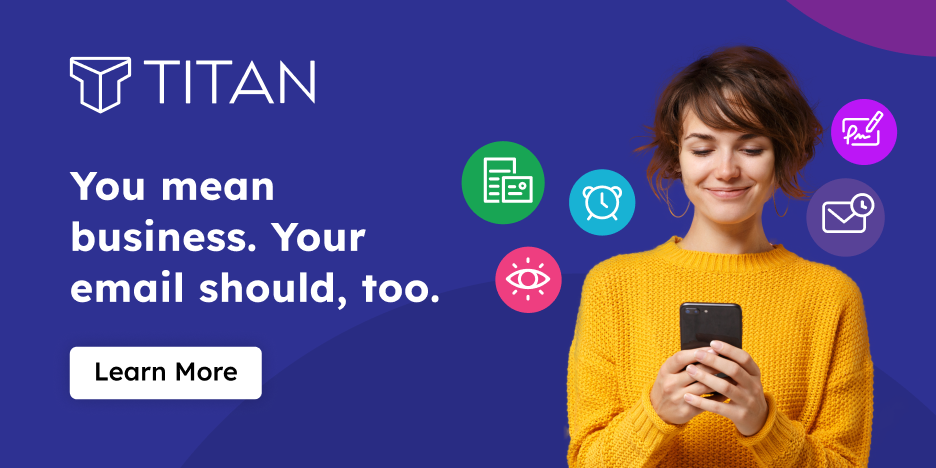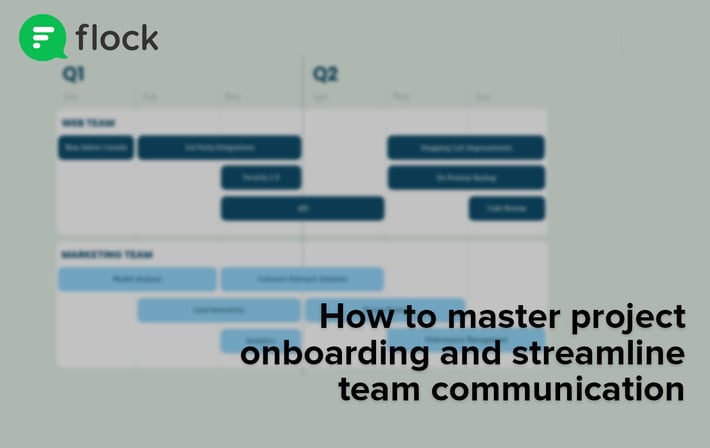
Bill Gates. Warren Buffet. Mark Zuckerberg. When you hear these names, you probably think of innovation, leadership and success, right? But what about introversion?
The truth is, great leaders aren't always the loudest ones in the boardroom. Gates, Buffet, Zuckerberg and countless other industry leaders have identified themselves as introverts. They've proven that, contrary to popular belief, being an introvert is not a barrier to success. Unfortunately, in our society, which seems to place greater value on extroverted skills and personality traits, such as networking, public speaking and a greater inclination to take risks, the unique strengths of introverted employees often go unrealized.Introverts, too, have the potential to be movers and shakers in any business. Their taciturn nature leaves room for engaged listening and thoughtful communication. They're deep thinkers, and they approach situations with focus and clarity, making them an essential asset when it comes to decision-making.
You probably have a number of introverts working at your company right now — and unless you can communicate with them effectively and make room for them in leadership positions, you won't be able to leverage their natural strengths for the benefit of your organization.
Here are some tips for harnessing the quiet potential of your introverted employees:
1. Provide virtual communication and collaboration tools.
Implementing virtual communication and collaboration tools is the first and most essential action you can take to improve engagement with introverted employees. Alternative communication channels like team messenger systems, video conferencing and document sharing platforms give introverts the ability to engage in important conversations without feeling drained or over-stimulated.
Additionally, introverts often struggle to speak on the fly and prefer to express themselves through writing. Implement a team messaging system and you may find that an introverted employee who shrinks and stutters in team meetings is able to communicate their ideas more clearly and articulately through text. Communication tools like these are critical for introverted employees to allow their strengths to shine.
2. Give introverted employees time and space to think things through.
One of the most rewarding strengths of introverts is their ability to focus deeply, think problems through thoroughly and carefully consider all options before making a decision. To some, this may come across as inefficiency, but making smart, well-informed business decisions is key to competing in any industry.
For example, Bill Gates says that "being willing to go off for a few days and think about a tough problem, read everything you can [and] push yourself very hard to think out on the edge of that area" is one of the greatest benefits of being an introvert — and one of the main reasons for his success.
To take advantage of this strength, provide meeting agendas ahead of time so that introverted employees have the chance to prepare on their own. With the right team messaging tool, this can be done quickly and easily by sharing notes for employee review. After the meeting, use the same messaging tool to give employees the opportunity to respond later on with additional thoughts, questions or details. By offering a little extra space and time for brainstorming, you may be surprised by the incredible insight that your introverted employees bring to the table.
3. Switch up the size and structure of team meetings.
Inundating your introverted employees with long, crowded team meetings every two days will drain their energy and discourage them from actively participating in the discussion. Hold a variety of meeting types, such as one-on-one meetings vs. company-wide gatherings, in-person meetings vs. video conferences and in-depth group discussions vs. independent presentations. This way, you can cancel pointless in-person meetings in favor of more introvert-friendly communication through team messaging systems or video conferences. This balance will not only improve the satisfaction and productivity of introverted employees, but also save time for everyone and increase the effectiveness of each meeting.
Patrick Moran, CCO at Quip, gives us this tip to engage introverted employees: "Leverage collaboration tools that allow you to live in front of your keyboard, and mix that with 1:1 meetings and other small-format meetings," he says.
So how do you decide which meeting type to choose? Effective team meetings come in all shapes and forms, and much of this effectiveness will be determined by the goal of the meeting. Are you bringing the group together for an initial brainstorming session or a final project review? Are you discussing the policies and procedures for a cross-departmental initiative or a minor process change that only affects a few employees? The answers to these questions will help you determine who should attend each meeting, the agenda for the meeting and the platform on which the meeting should take place.
4. Collect important notes and documents in an easily accessible place.
The contemplative nature of introverts means that they may want to refer back to meeting notes, important documents and previous discussions to ensure they're well-informed and on the right track. When analyzing and solving problems, introverts will want to think about it from every angle over the span of a few days.
This process can make a huge difference in the quality and scope of work that introverts are able to get done. As Albert Einstein said, “it’s not that I’m so smart, it’s that I stay with problems longer.” However, without easy access to the information discussed previously, it will be more difficult for your introverted employees to truly give the subject the attention it deserves.
By collecting this information in a centralized repository, you give employees the opportunity to review all important documents and come up with more thoughtful, impactful solutions. Some communication channels, like team messaging systems, integrate with other business solutions, such as Google Drive or Dropbox, so you can automatically funnel these documents into one tool for easy access. This increases the productivity and efficiency of your introverted employees' careful consideration processes.
The difference between a shy coworker and an introverted leader? Effective communication.
Don't be the employer who overlooks the next Bill Gates. By offering a variety of virtual communication tools, allowing some buffer time for individual brainstorming, adjusting meeting size and structure based on your goals, and collecting all relevant information in one easily-accessible place, you can give your introverted employees the resources they need to be heard and to excel in their own way.
Better yet: These simple tips will ultimately benefit your extroverted employees as well, improving productivity across the board and enabling a happy workplace. By leveraging the strengths of both introverts and extroverts in your team, and encouraging employees with different personality styles to collaborate using alternative communication channels, you can maximize the productivity, innovation and success of your business.
After all, says well-known introvert Warren Buffet, "if you can't communicate and talk to other people and get across your ideas, you're giving up your potential."






